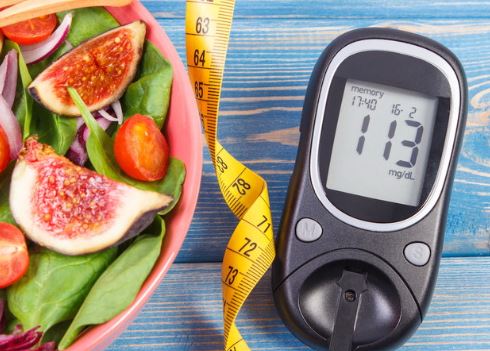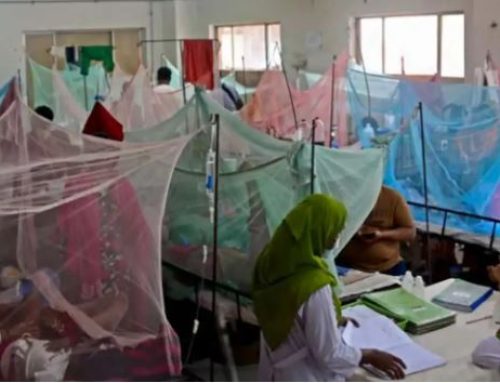Project Description
Author: Selim et al.
Summary:
Despite health concerns, practicing Muslims with diabetes around the world observe fast during this month. This study aimed to explore the pattern of fasting behavior and associated factors among Muslim diabetic patients during Ramadan in Bangladesh.
A cross-sectional survey was carried out among Muslim adult (>18 years) patients with diabetes attending in the private chamber of Endocrinologists registered with Bangladesh Endocrine Society in different parts of Dhaka city, the Capital of Bangladesh between January 2022 to March 2022. A short pre-tested structured interviewer administered survey questionnaire was used. Data from a total of 5324 patients were analyzed using SPSS (version 26).
Of all, 92% patients observed fast during Ramadan. The mean age of the patients was 52.30 ±11.26 (SD) years and more than half were aged between 41 – 60 years. Those who didn’t fast was significantly older (p=0.005). Approximately 51% were male and no sex difference exists in relation to fasting. The median duration of disease was 7 (0 – 65) years and those with longer duration were less likely to fast (p=0.001). Among the diabetic patient, 54.5% had comorbidities and proportionately lower number of comorbid patients fasted (p=0.006). 20.2% and 19.5% of patients experienced reduced and increased blood glucose level, respectively. Those who experienced such events were less likely to fast (p<0.001). More than three-quarter of patients (77.2%) underwent check-up before Ramadan and 71.8% consulted doctors to modify their prescribed medicines before fasting has started. Nearly one-quarter of patients (24.8%) incorrectly believed that pricking their finger would break the fast (p<0.001). Approximately 68% of patients believed that fasting will helps them to control blood sugar. Nearly three-fourth (73.9%) of the participant believed they can fast in all days in the coming Ramadan.
Conclusion: A personalized health education and management strategy for fasting diabetic patients would help the patient to gain benefit of fasting and to avoid adverse events during Ramadan.
Status: Ongoing
Full text link: Not available



